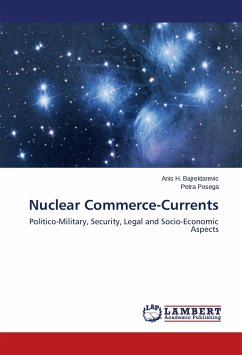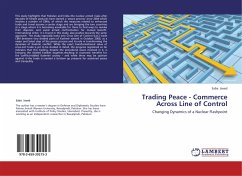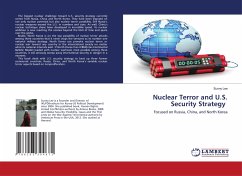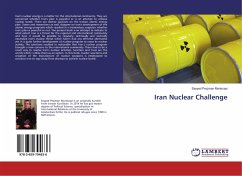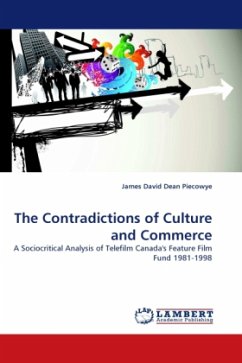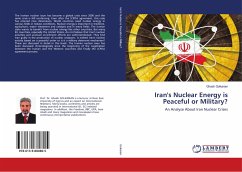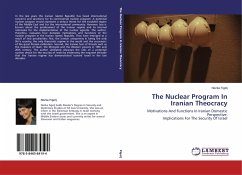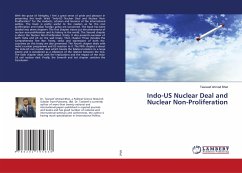In an ever evolving and expanding world, there is a constant quest for both more energy and less external energy dependency. With the fossil fuels bound industry setting an alarming trend of negative ecological footprint, there is a clear and urgent must to predict and instruct on alternatives, which is the main purpose of this paper. As our key points of argument will show, there is no alternative decarbonized, greener primary energy mix possible in the future without the considerable share reserved for nuclear power. To this end, the development of nuclear power can only be achieved within the current legal framework of nuclear commerce regime. Consequently, we will rethink and revisit some of the fundamentals: the genesis of the world of atoms, applied nuclear science, its military and geopolitical implications, the nuclear commerce regime, legal framework behind this field as well as the factors speeding up or hindering the process of a renewed nuclear power generation, whichcan be tentatively named a nuclear renaissance. Hopefully, this process will lead towards a safer, cleaner, cheaper, decarbonized and greener energy mix in the future.
Bitte wählen Sie Ihr Anliegen aus.
Rechnungen
Retourenschein anfordern
Bestellstatus
Storno

